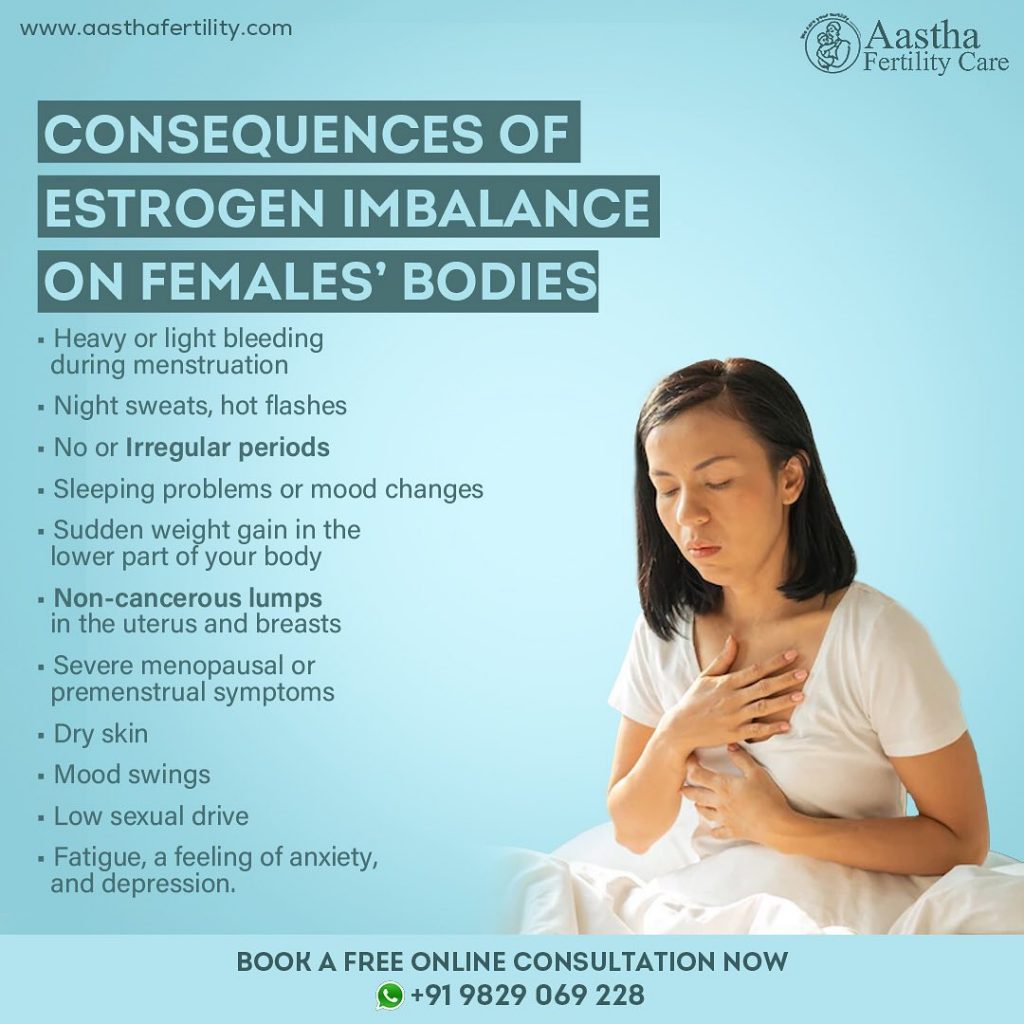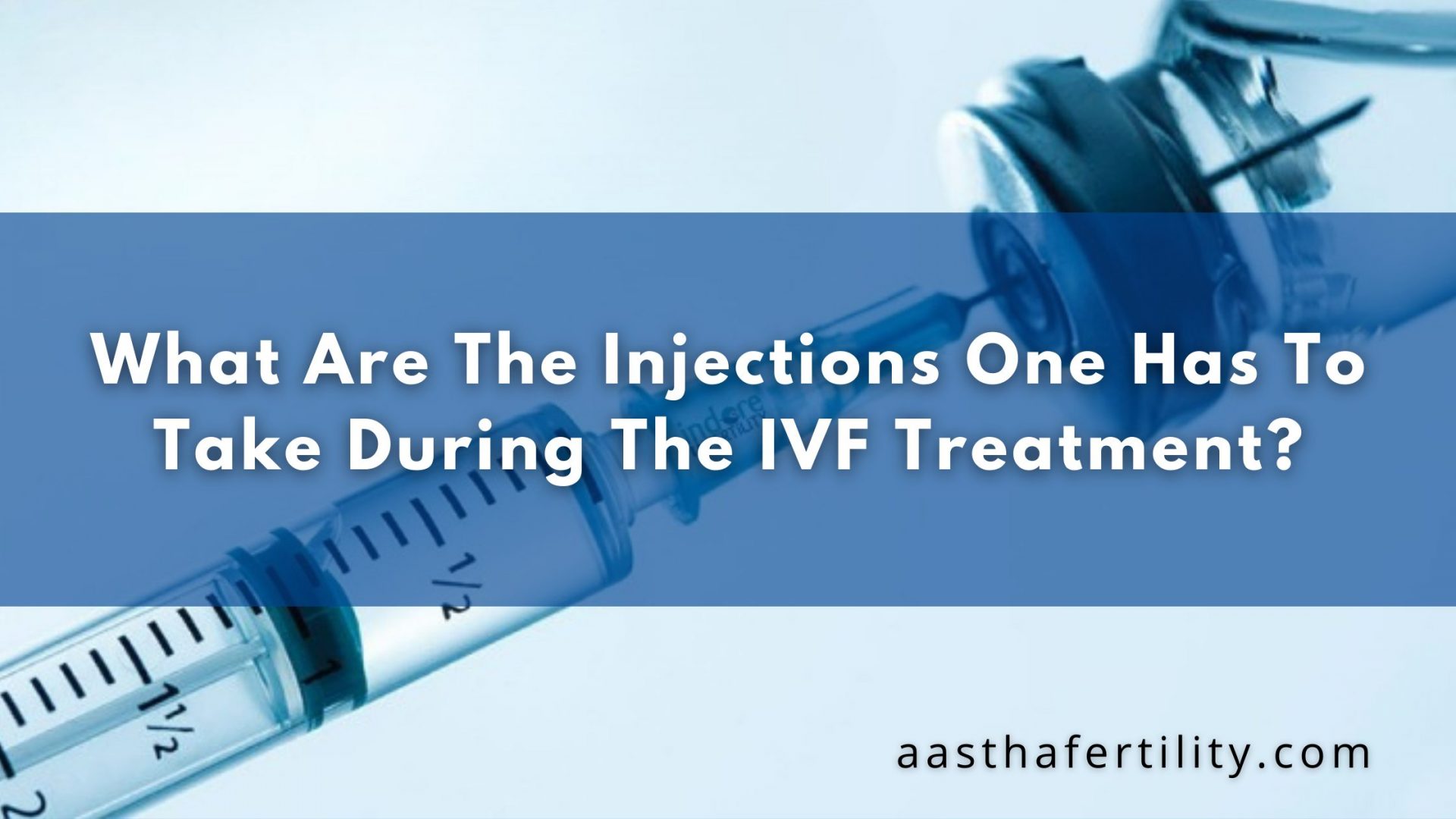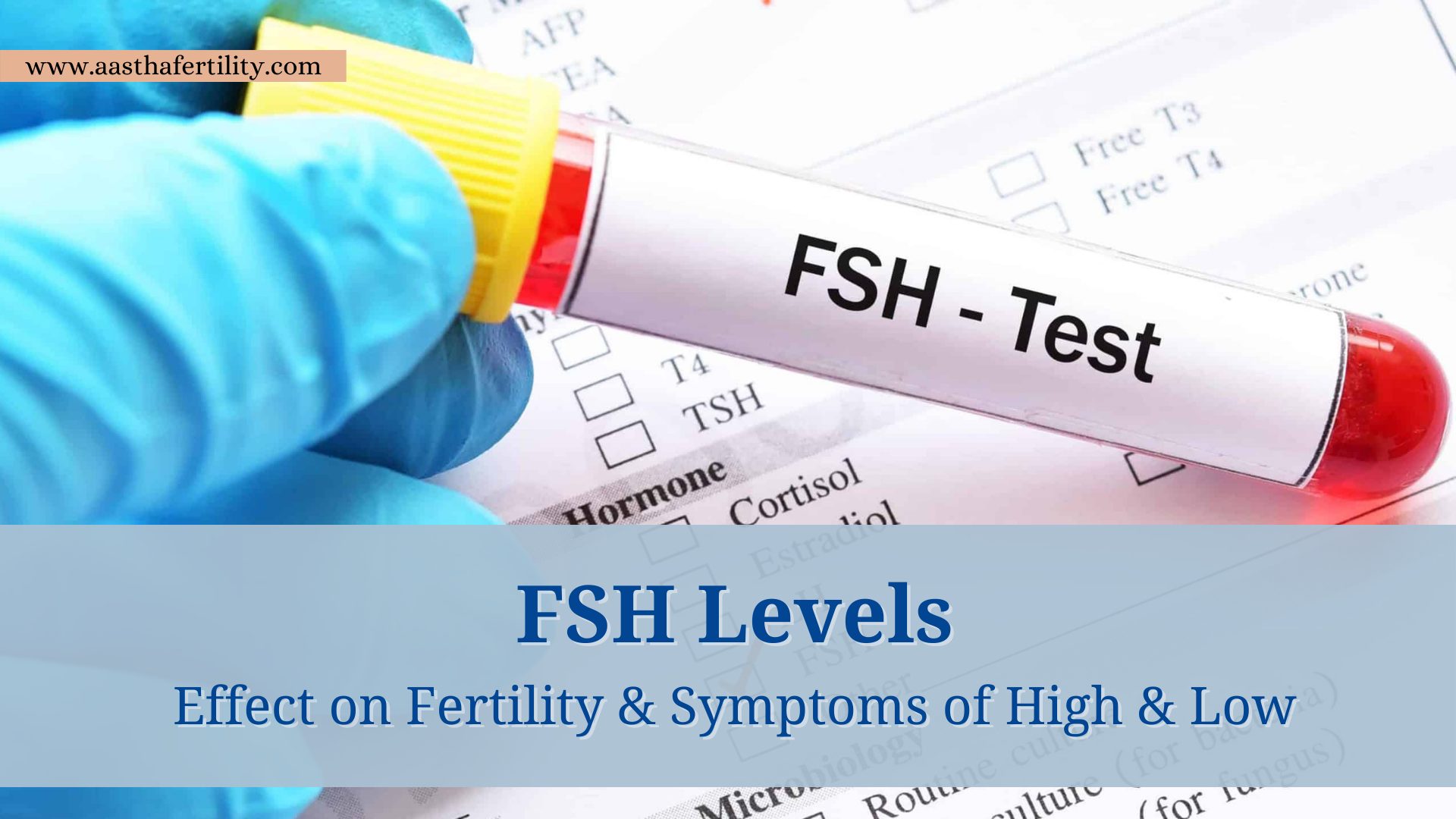Table of Contents
ToggleIf you are planning for a child, you probably might know the importance of estrogen in the reproductive process.
Estrogen is found in men and women but plays a significant role in developing the female reproductive system. A higher amount of estrogen hormone is found in women during their child-bearing years. From puberty to menopause, the hormone regulates the overall health, contributing to bone health and cognitive health and regulating the proper functioning of the cardiovascular system in the body. Not only the health-related aspects, but estrogen also determines an individual’s overall mood.
Adrenal glands, fat tissues, and ovaries produce the hormone, and most of us have known its role along with progesterone. This blog will help you get a closer look at estrogen, how it works, and the complications of its fluctuating levels.
What is Estrogen?
Estrogen and progesterone are the two sex hormones associated with people with a vagina, including transgender women, cisgender women, and non-binary people. These two sex hormones play a crucial role in women’s reproductive health. They help in the development of hips, breasts, and other secondary sex organs; menopause and pregnancy are regulated by estrogen.
Ovaries produce most estrogen hormones in women’s bodies, followed by fat cells and adrenal glands.
Estrogen in women is responsible for the health of-
- Muscles
- Skin
- Breasts
- Pelvic muscles
- Bone
- Reproductive system
- Mucous membranes
- Urinary tract
- Brain
- And hair anywhere in the body
Types of Estrogen
Estradiol
Estradiol is a primary and the most potent form of estrogen found in females’ during their reproductive years. High production of estradiol can result in loss of sex drive, acne, depression, osteoporosis, and acne and increase the risk for breast and uterine cancer. On the other hand, lower levels may lead to weight gain and cardiovascular diseases.
Estrone
Estrone is found in a female’s body after menopause. This is considered a weaker form of estrogen and can be converted into other forms as well, when necessary or required by the body.
Estriol
This estrogen hormone’s level rise during pregnancy. It prepares the body for delivery and helps in the growth of the uterus. Estriol levels are at their highest peak before the birth of a child and gradually decrease thereafter.
What are the Effects of Estrogen on Women’s Body?
Estrogen is mainly produced from women’s ovaries and is responsible for women’s reproductive and normal sexual development. It helps regulate the menstrual cycles and affects the heart, urinary tract, reproductive tract, bones, skin, hair, membranes, brain, pelvic muscles, blood vessels, and breasts.
The hormone is also related to secondary sexual characteristics, including the armpit and public hair growth, the main estrogen high symptoms.
What are the Effects of Estrogen on Women’s Fertility?
Progesterone and Estrogen, these two hormones, are the most common effective components of treatment for infertility issues. Women experience a fluctuating estrogen cycle during, before, and after ovulation. It, therefore, influences the thickness of the uterus lining, further affecting the fertilization of an egg and the uterine wall firmness.
Levels of Estrogen
Estrogen hormone levels vary with different menstrual cycle phases and over a female’s lifetime. This fluctuation also influences the overall mood changes in menstruation and hot flashes in menopause. Various factors regulate the estrogen levels in our body. These include:
- Menopause
- Older age
- Pregnancy
- Breastfeeding
- Strenuous training or exercise
- Obesity or overweight
- Menopause
- Extreme dieting
- PCOS
- Diabetes
- High-blood pressure
- Turner’s Syndrome
- Use of certain medication
- Tumor in adrenal gland or ovaries.
Consequences of Estrogen Imbalance on Females’ Bodies

An estrogen imbalance often leads to-
- Heavy or light bleeding during menstruation,
- Night sweats, hot flashes,
- No or Irregular periods
- Sleeping problems or mood changes,
- Sudden weight gain in the lower part of your body,
- Non-cancerous lumps in the uterus and breasts,
- Severe menopausal or premenstrual symptoms,
- Dry skin,
- Mood swings,
- Low sexual drive,
- Fatigue, a feeling of anxiety, and depression.
Non-Reproductive Functions of Estrogen
Apart from the reproductive functions, the estrogen hormone is also responsible for the important processes in your cardiovascular, skeletal, and central nervous system, affecting the overall health of a female body. Some of the non-reproductive functions of the sex hormone include-
- Maintaining blood sugar levels,
- Cholesterol levels,
- Blood flow and circulation,
- Brain function,
- Increasing the ability to focus,
- Bone and muscle mass,
- Moisture and collagen production in your skin.
How to diagnose Low Estrogen levels?
If a person is diagnosed with low estrogen levels, medication and supplements are suggested to balance them. Some of the products that help maintain a balance include-
- Bioidentical estrogen,
- Synthetic estrogen,
- Premarin- carries estrogen from the pregnant women’s urine.
What is Estrogen Therapy?
Estrogen therapy, also known as hormone replacement therapy, helps manage menopause symptoms. The treatment solely consists of estrogen or involves the combination of progestin, as the synthetic form is estrogen and estrogen itself. Available in the form of pill, patch, nasal spray, skin gel, vaginal cream, injection, or ring, the treatment helps manage-
- Mood fluctuations
- Painful intercourse
- Hot flashes
- Sleep disorders
- Vaginal dryness
- Anxiety
- Decreased sexual drive
Apart from these benefits, the therapy also helps reduce osteoporosis risks, increasing the perimenopause stages. But estrogen therapy is also linked with some the curable side effects, which include-
- Vaginal bleeding
- Breast soreness
- Bloating
- Indigestion
- Cramps
- Nausea
- Headaches
- Fluid retention, leading to swelling
All the individuals who have a family history of thyroid issues or breast cancer may contradict using hormone replacement therapy. Hormone therapy is therefore not an ideal option for everyone. Consult your fertility expert to know all the pros and cons of the treatment to prepare for the worse.
How can I Maintain Healthy Estrogen Levels?
Hormonal imbalance is one of the normal functions of our body, and you cannot do anything to prevent the condition. Doctors, therefore, advise that maintaining a healthy lifestyle and good health might help you with the balance. These good practices include-
Manage your Stress
High stress leads to the increased production of adrenaline and cortisol, which have a negative impact on the estrogen levels of your body.
Limit the Alcohol Intake
Alcohol increases estrogen levels. Suddenly increased exposure to estrogen can further increase cancer chances, affecting the overall health.
Get Enough Sleep
Uninterrupted, adequate sleep every night helps maintain your body’s healthy hormone levels. This healthy hormonal imbalance will also facilitate the smooth functioning of other important functions.
Conclusion
Estrogen hormone is an essential part of your reproductive and overall health. A slight fluctuation in the levels due to any external factor might sometimes disturb the overall body functioning. Variation in the levels due to the menstrual cycle and age is normal. But if you experience consistent high and low patterns and unpleasant symptoms, you need to consult your fertility expert to get the best advice.





Leave a comment